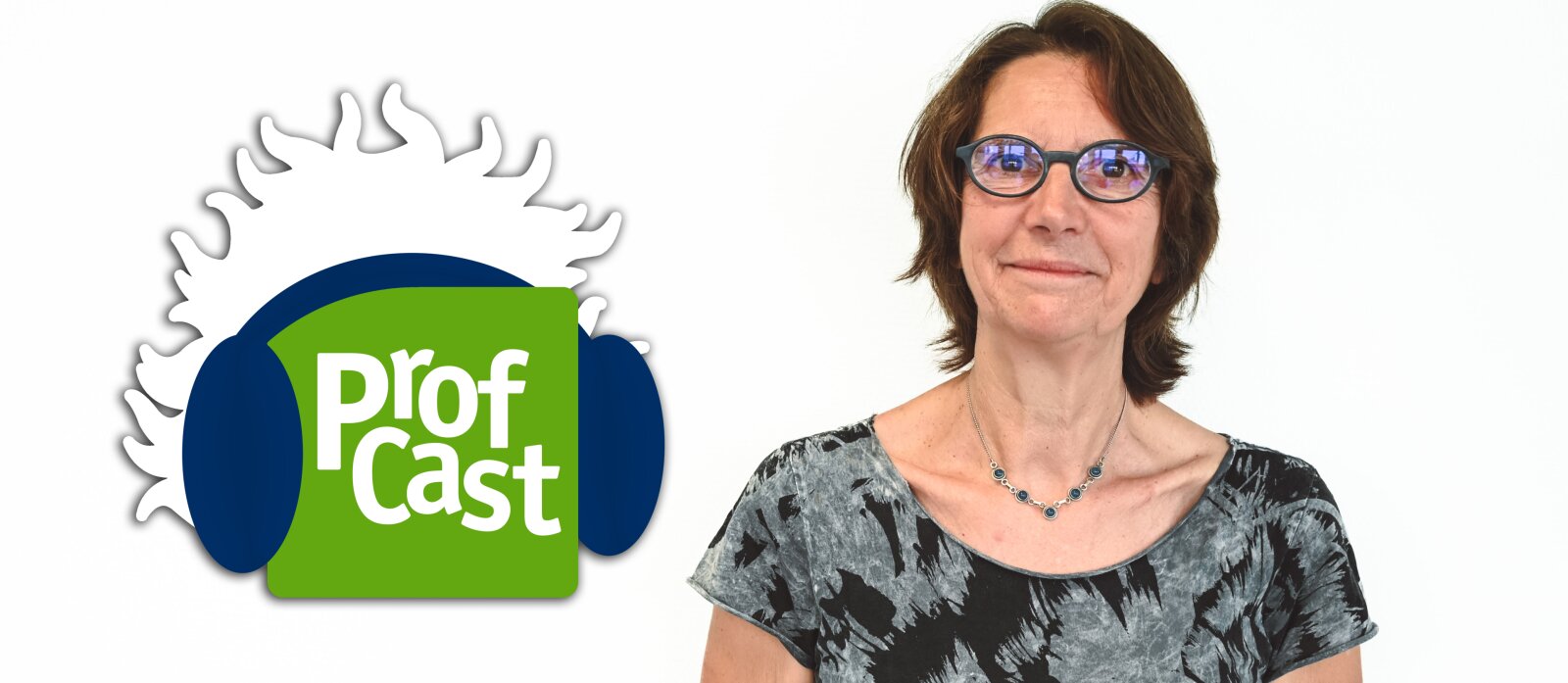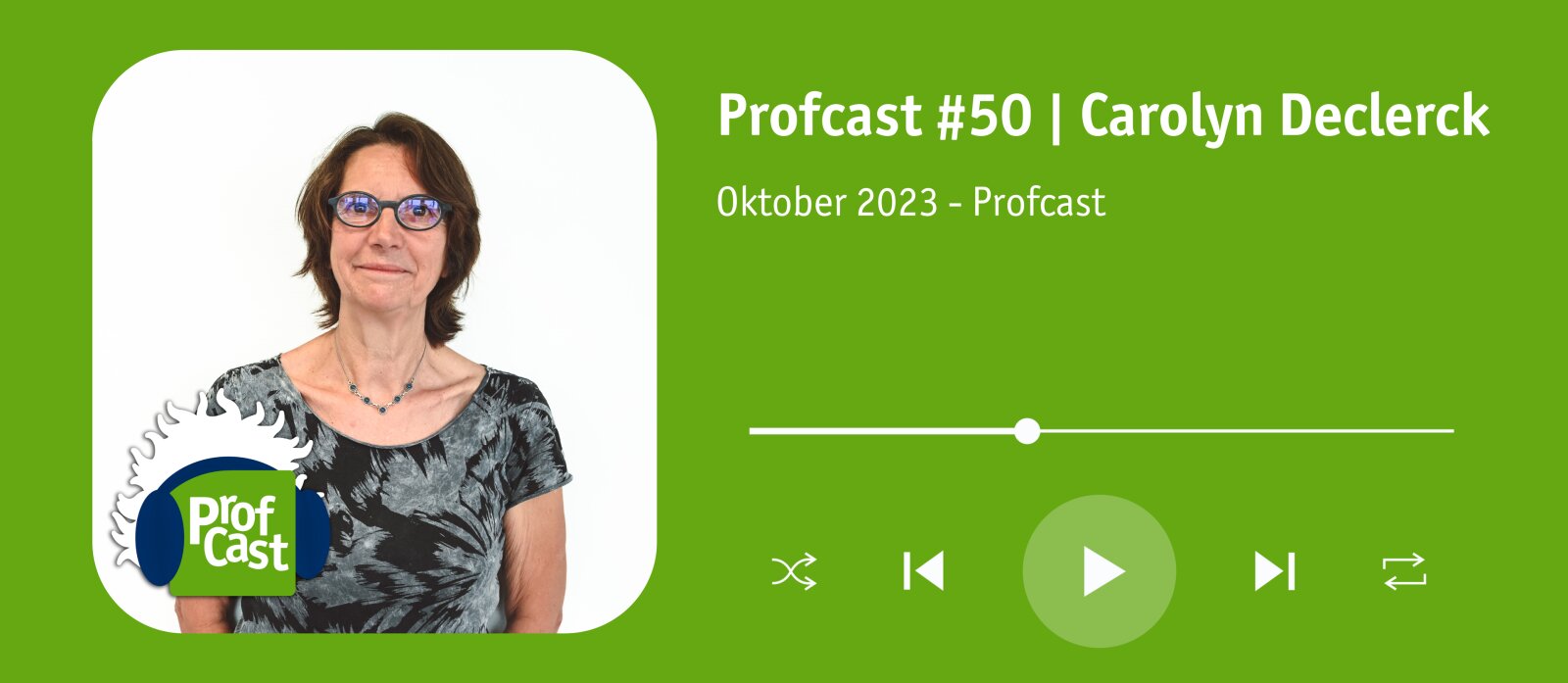Profcast #47 | Carolyn Declerck
about neuroeconomics, trust and Social decision-making
In our podcast-series ‘Profcast’, we talk with the professors of the Faculty of Business and Economics. This week, our guest is Carolyn Declerck
Listen on Youtube

Listen on Spotify

Before becoming a professor in behavioral sciences and social psychology, professor Declerck studied biology, ecology, and evolution.
Carolyn: “To me, these topics are crucial for understanding human nature. It's all about decision-making. As humans, we make decisions all the time, whether we're business managers, economists, parents, athletes, or even drug addicts.
And these decisions have consequences. What I want to teach in my lectures is that understanding how we make these decisions is interdisciplinary. Decisions aren't simply captured by economic utility functions; they involve multiple factors.”
Besides those topics, she has always been fascinated by research on trust.
Carolyn: “Trust is what makes us truly human. But before delving into trust research, it's essential to define it. Trust has two components: a belief component, where we express trust by assessing the probability that our trusting act will be repaid, and a betrayal component, anticipating how bad it will be if our trust is not repaid. It's very emotional.
So how can you measure trust in an academic context? To do so, economists developed a game called the Investment Game. Imagine two strangers in separate rooms given €10 each. Any amount that you transfer to the other, will be tripled. The stranger, having a lot more money, can then repay that trust by giving some, or all, of the money back. How much you invest, shows whether you are more reliant on the relief or betrayal component.”
Having written two books, professor Declerck is on her way to becoming the next Yuval Harari (in our opinion).
“I really enjoyed writing both books, but they are quite different. "Who is a Homo Sapiens" is for a general audience, focusing on human behavior. It explores our unique capacities and social dilemmas we face. "The Compassionate Egoist" delves deeper into how our brains handle social dilemmas, especially from a neuroeconomic perspective.
And what is a compassionate egoist? A compassionate egoist is basically we all are. We're driven by multiple motives, including self-interest and the need to belong to groups. These motives often conflict, making us both cooperative and destructive as a species. We're wired to balance these conflicting motives, and this awareness is crucial for addressing the challenges we've created."